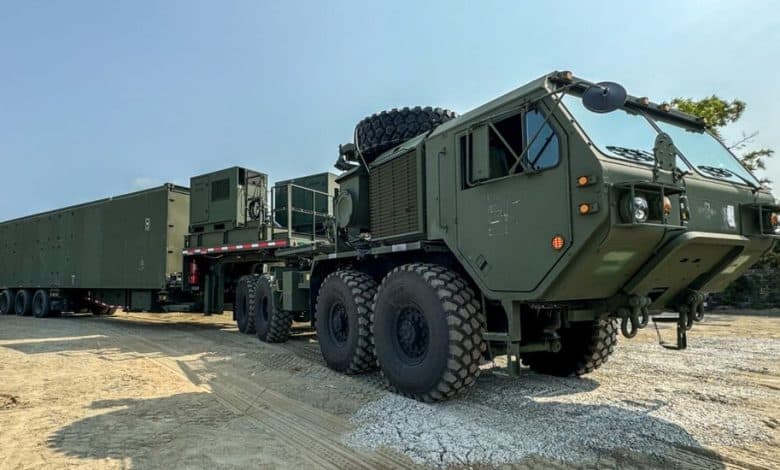The Death of a Treaty Could Be a Lifesaver for Taiwan

During a military exercise with the Philippines that began last month, the U.S. Army deployed a new type of covert weapon that is designed to be hidden in plain sight.
Called Typhon, it consists of a modified 40-foot shipping container that conceals up to four missiles that rotate upward to fire. It can be loaded with weapons including the Tomahawk — a cruise missile that can hit targets on land and ships at sea more than 1,150 miles away.
The weapon, and other small mobile launchers like it, would have been illegal just five years ago under the 1987 Intermediate-Range Nuclear Forces Treaty, which prohibited U.S. and Russian forces from having land-based cruise or ballistic missiles with ranges between about 300 miles and 3,400 miles.
In 2019, President Donald J. Trump abandoned the treaty, in part because the United States believed Russia had violated the terms of the pact for years. But U.S. officials said that China, with its growing long-range missile arsenal, was also a reason the Trump administration decided to withdraw.
The decision freed the Pentagon to build the weapons that are now poised to defend Taiwan from a Chinese invasion. It also coincided with a rethinking of modern war by U.S. Marine Corps leaders. They recommended retiring certain heavyweight and cumbersome weapons like 155-millimeter howitzers and tanks — which they thought would be of little use against Chinese forces in the Pacific — and replacing them with lighter and more flexible arms like truck-mounted anti-ship missiles.
At the time, the Pentagon had no land-based anti-ship weapons. Other militaries, however, already did. Then in April 2022, Ukrainian ground troops used a similar weapon, Neptune anti-ship cruise missiles launched from trucks, to sink the Russian cruiser Moskva in the Black Sea.

A New Pacific Arsenal to Counter China
With missiles, submarines and alliances, the Biden administration has built a presence in the region to rein in Beijing’s expansionist goals.
